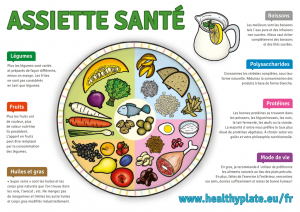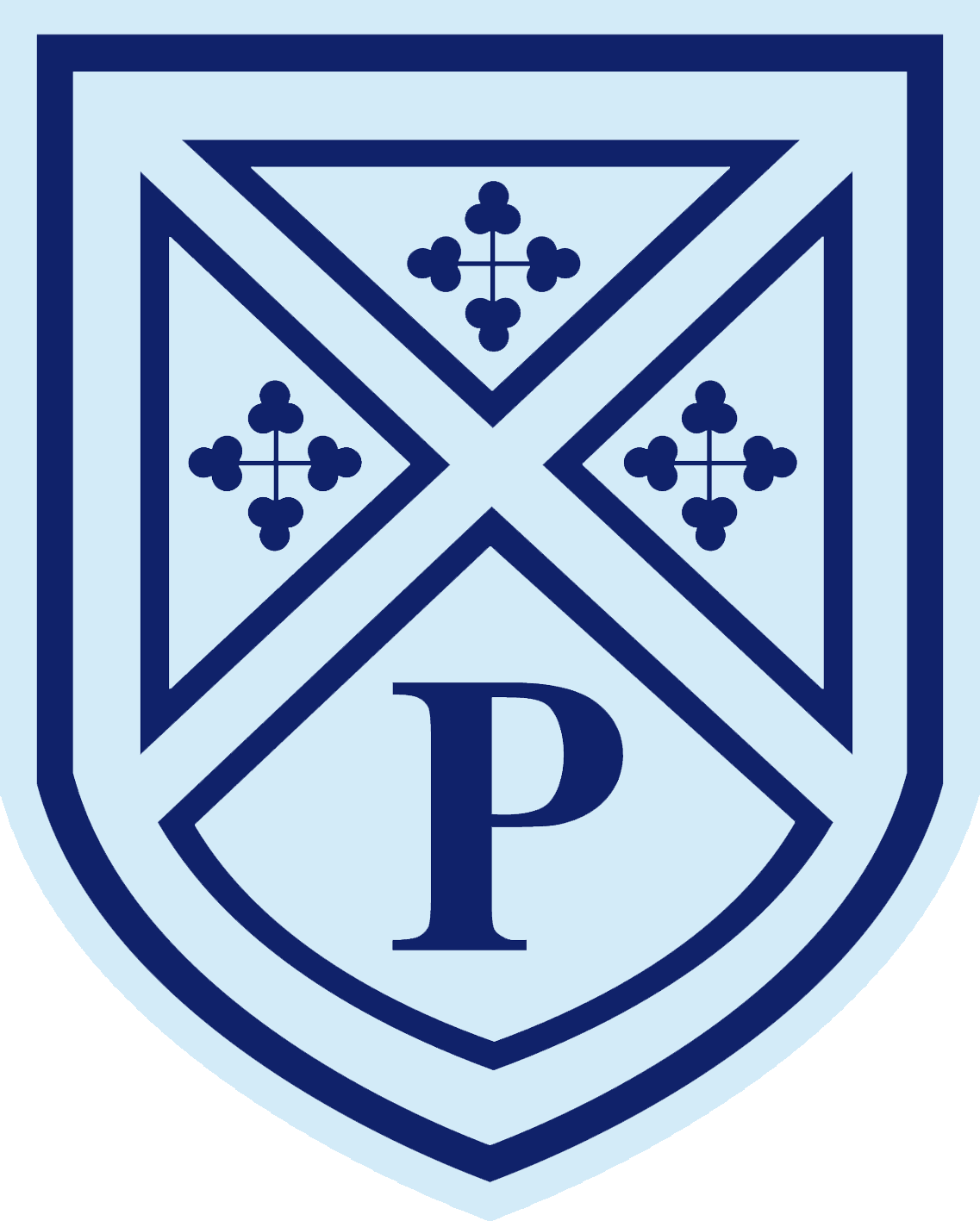Choose a Subject
At Parkside Middle School, our Modern Foreign Languages (MFL) department is dedicated to nurturing young linguists by offering comprehensive French language education in both Key Stages 2 and 3. When students join us in Year 5, they will have a foundational understanding of a foreign language. To ensure every student can excel, we begin by revisiting the basics in French, creating a strong starting point for all.
Our curriculum prioritises the development of essential communication skills, self-confidence, and long-term language retention. The three pillars of progression – phonology, vocabulary, and grammar—form the backbone of our teaching strategy. This approach helps students build a solid phonetic awareness, boosting their confidence to converse and accurately pronounce new vocabulary. By mastering grammar, pupils learn to adapt and personalise key phrases, making them versatile and resilient linguists capable of navigating various real-life situations.
To create an enjoyable, positive, and inclusive learning environment, our department employs a variety of innovative strategies. Central to our teaching is Dr Gianfranco Conti’s Extensive Processing Instruction (EPI) method. By incorporating EPI principles into our curriculum and creating our own teaching resources, alongside materials from The Sentence Builders books and The Language Gym, we provide our pupils with exceptional language instruction.
Through our dynamic and supportive teaching methods, we aim to equip our students with the skills and confidence to become proficient and enthusiastic French speakers, ready to communicate effectively in our interconnected world.
The languages department employs a range of strategies to ensure pupils learn in an enjoyable, positive, and inclusive environment. To enable our students to become successful language learners, we have developed our curriculum and created our own teaching resources to promote independence and confidence, through the use of resources such as The Sentence Builders books and The Language Gym.
What is distinctive about French at Parkside Middle School:
Choose a Year Group
Year 5
Autumn
In the Autumn Term, pupils begin the topic Je me présent. This unit begins with the French alphabet before moving on to revise classroom greetings, saying how you are feeling, asking and answering questions, such as your name, age and birthday. A large emphasis is placed on listening and speaking, where key phonics are taught to enable the pupils to understand key sounds of the vocabulary they are learning.
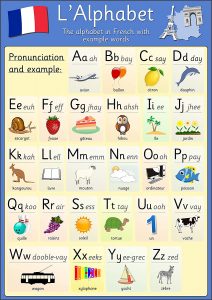
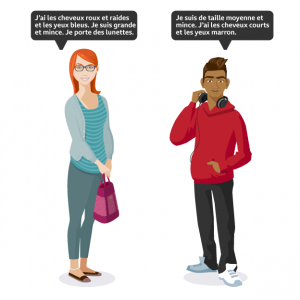
Spring
Pupils will continue to develop their speaking and listening skills by learning to say where they are from and the languages they speak. They will also be introduced to expressing negatives to indicate which languages they don’t speak. Vocabulary introduced in the autumn term will be revisited to reinforce key phrases and grammar. Pupils will then learn how to talk about the weather in different seasons and various regions of France.
Summer
In the Summer Term, pupils will learn to talk about where they live, express their likes or dislikes, and provide reasons. They will continue to learn about different towns and cities in France to enhance their cultural awareness. Vocabulary taught in autumn and spring term will be revisited.
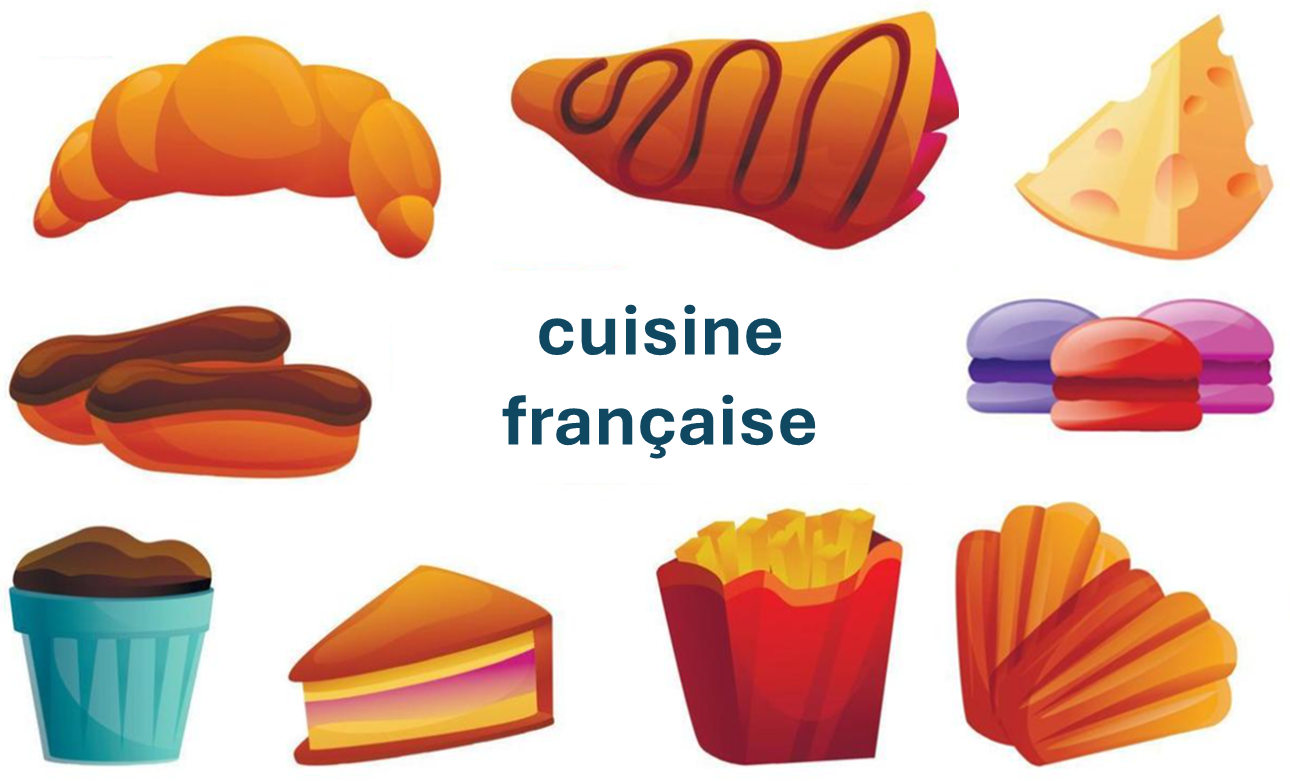
The final unit of Year 5 involves learning how to order food and drinks in a French café. The unit offers pupils the opportunity to participate in a role-play exercise and learn about French cuisine and beverages.
Year 6
Autumn
French in Year 6 builds upon the vocabulary, structures and knowledge acquired in Year 5. In the autumn term, pupils will review how to introduce themselves. They will also learn how to talk about their immediate family, including names and ages. In the second half of the term, pupils will learn how to describe their personality and that of others. They will revisit adjectival agreement and the verb être. Key phonics specific to each unit will be taught to ensure pupils develop accurate pronunciation and fluency. Vocabulary from Year 5 will be recycled throughout Year 6 to help pupils retain in their long-term memory.
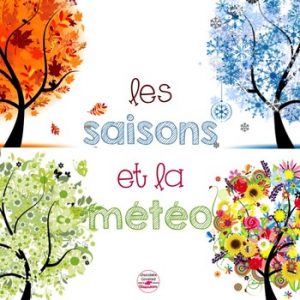
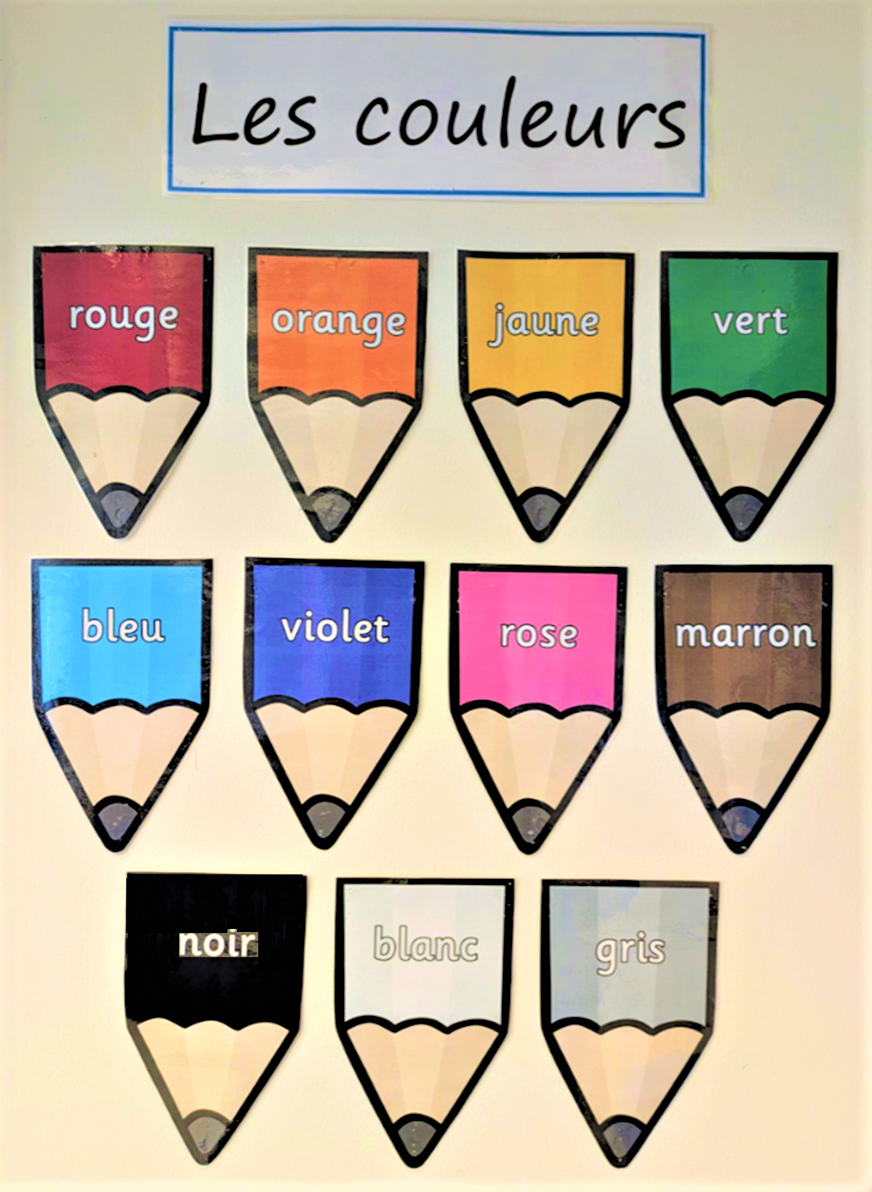
Spring
In the Spring term, pupils will continue to develop their listening and speaking skills. They will learn how to describe eye colour, hair colour, length and style, as well as other facial features of themselves and others. Pupils will revisit adjectival agreement and the verbs avoir and être. Vocabulary from the autumn term will be recycled to reinforce memory retention. In the second half of the term, pupils will learn how to describe the clothing they and others wear, including what they wear in different places and weather scenarios, building on knowledge from Year 5. Adjectival agreement will be revisited as pupils describe the colours of their clothes.
Summer
In the Summer Term, pupils will revisit all the vocabulary from Year 5 and 6. They will learn to say which subjects they study and on which days, as well as express their opinions about which subjects they like and dislike. Extensive practice in all four skills – reading, writing, listening and speaking – will prepare them for Year 7.
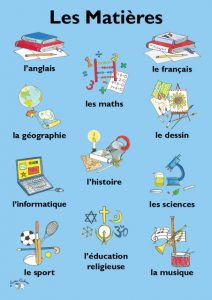
Year 7
Autumn
The Year 7 curriculum builds on the learning from Year 5 and 6. Pupils will revisit how to introduce themselves and their friends and family. Renowned cities and countries in the French-speaking world are introduced to further develop the pupils’ cultural understanding, enabling them to talk about where they live and come from.
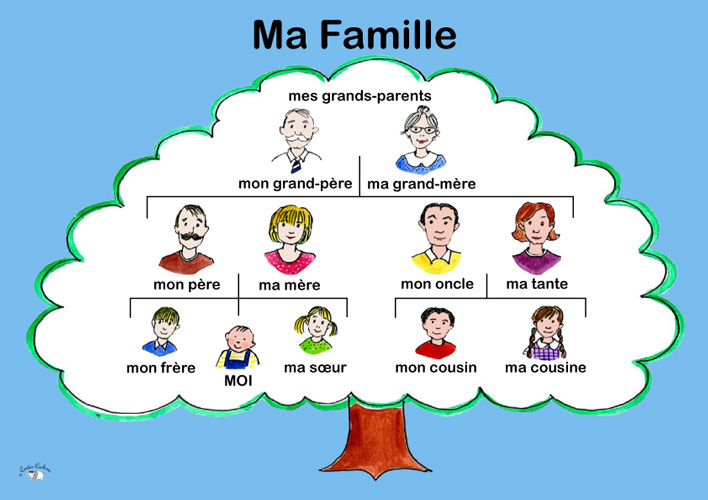
Pupils will also discuss their school day and express opinions about the subjects they study. They will also revisit adjectival agreement to describe their teachers.
The final unit in the autumn term allows pupils to talk about their free time and share opinions on the activities they do. The verbs aller, faire and jouer are explored in the infinitive form. Key phonics are also taught to help pupils develop fluency in listening and speaking.
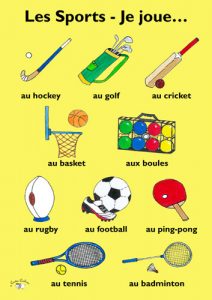
Spring
The Spring Term builds on the learning from the Autumn Term. Pupils will begin by talking about their family members, using a range of adjectives to describe them. The verb être will be taught in the third person, enabling pupils to use both masculine and feminine adjective spellings. Pupils will also compare friends and family using the comparatives plus…que, moins…que and aussi…que. Finally, pupils will revisit free time activities and conjugate the verbs aller, faire and jouer to say what activities they and others do in their free time. Key phonics will also be introduced, with previous ones revisited.
Summer
The Summer Term builds on the learning from the Spring Term. Pupils begin the term talking about their daily routine where they learn about reflexive verbs and how to tell the time in French. Pupils will then move on to talk about future plans and will be introduced to the near future structure je vais + infinitive.
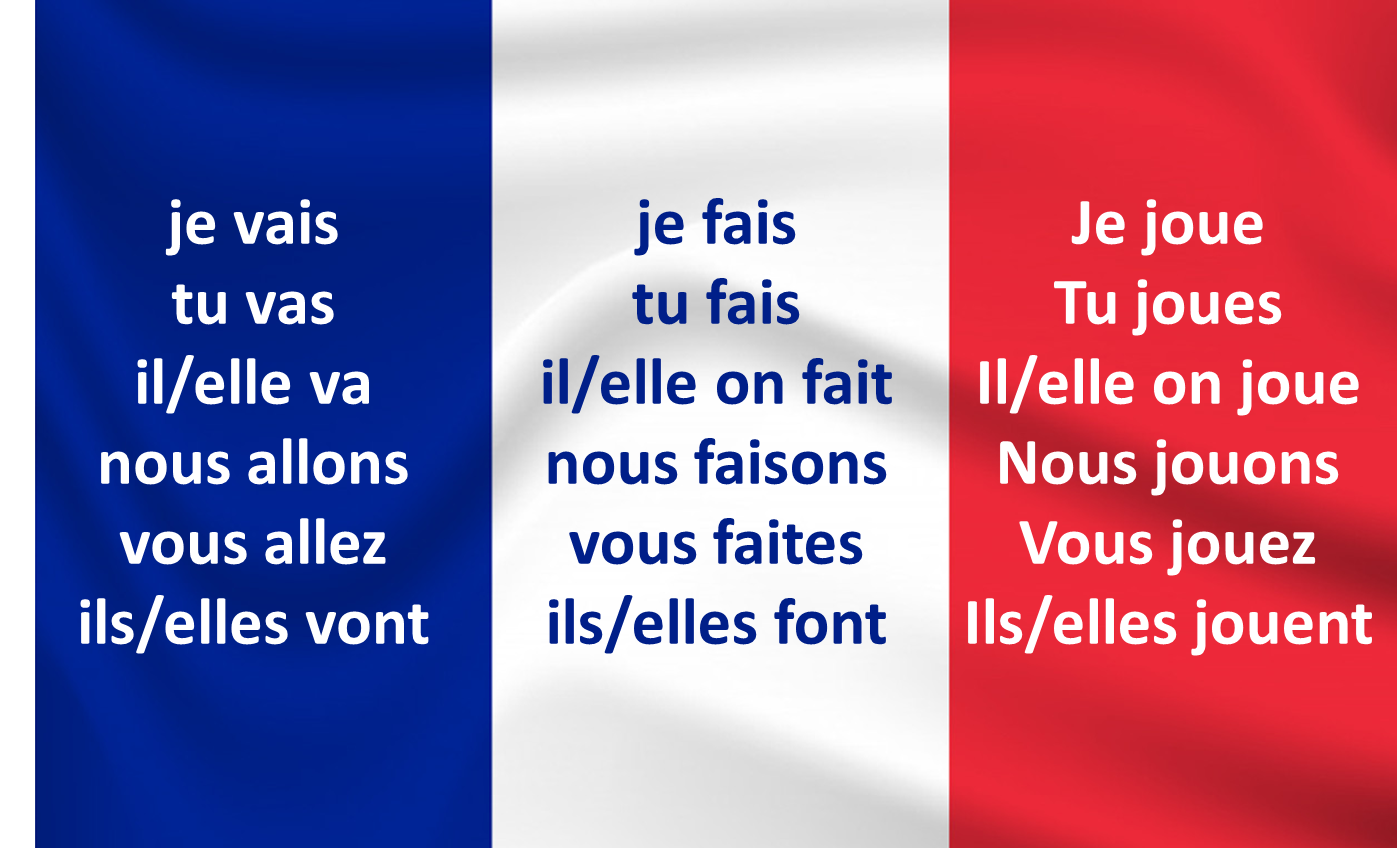
Previously taught free time activities and places around the town are also recycled here. Pupils are taught how to conjugate the verb aller to allow pupils to talk about other people’s plans in the future. The final unit consolidates the near future as pupils talk about holiday plans and include where they are going, where they are going to stay, what they will do there and their opinion. All four skils of reading, writing, listening and speaking will be practised here to ensure pupils are ready for the Year 8 curriculum.
Year 8
Autumn
The Year 8 curriculum builds on the learning from Year 7. Pupils begin the term by revisiting free time activities and the key verbs they learned in Year 7. Speaking and listening are a focus to give pupils the confidence to communicate. They will learn how to say which activities they and others do in different weather conditions. Pupils revisit the topic of daily routine and how to tell the time in French. They will also learn how to use modal verbs to talk about what they do at home. The last unit of the term revisits the near future tense, enabling pupils to discuss their weekend plans, including food and leisure activities. Key phonics will be taught, with previous ones revisited.
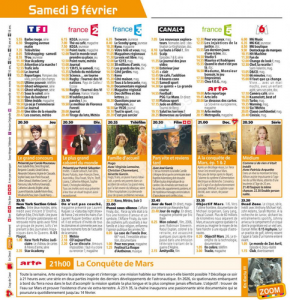

Spring
The Spring Term builds on the learning from the Autumn Term. Pupils will revisit how to say where they live, as well as describe what there is and isn’t in their town using il y a and il n’y a pas de. They will also give their opinion of their town using opinion phrases they have learned in previous units. Pupils will describe what thery can do in their neighbourhood using previously taught key verbs, including faire, jouer and aller. Finally, pupils will describe their street to include the different available amenities. They will also learn how to use prepositions to discuss the location of these amenities. Key phonics will be taught and recycled from other units.
Summer
The Summer Term builds on the learning from the Spring Term. Pupils are introduced to the past tense to describe what they did in their neighbourhood, recycling the vocabulary learned in the spring term. The passé composé is taught with both avoir and être verbs. Once pupils understand the past tense, they will compare verbs in the past and future tenses, enabling them to say what they did and what they are going to do over the weekend. All three tenses will be reviewed to ensure pupils are confident as they transition to high school. Key phonics will be taught and recycled from other units.
